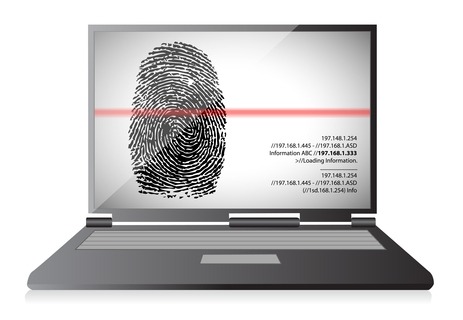According to the latest market research study published by P&S Intelligence, the global deepfake AI market is poised for significant expansion, with projected revenues of USD 572.3 million in 2024 and an anticipated compound annual growth rate (CAGR) of 44.8%, reaching USD 5,285.9 million by 2030.
This surge is driven by the increasing accessibility of advanced artificial intelligence algorithms, enabling both individuals and businesses to create highly convincing synthetic media. The widespread








